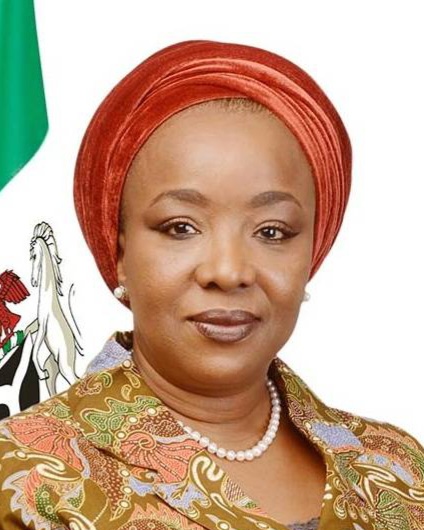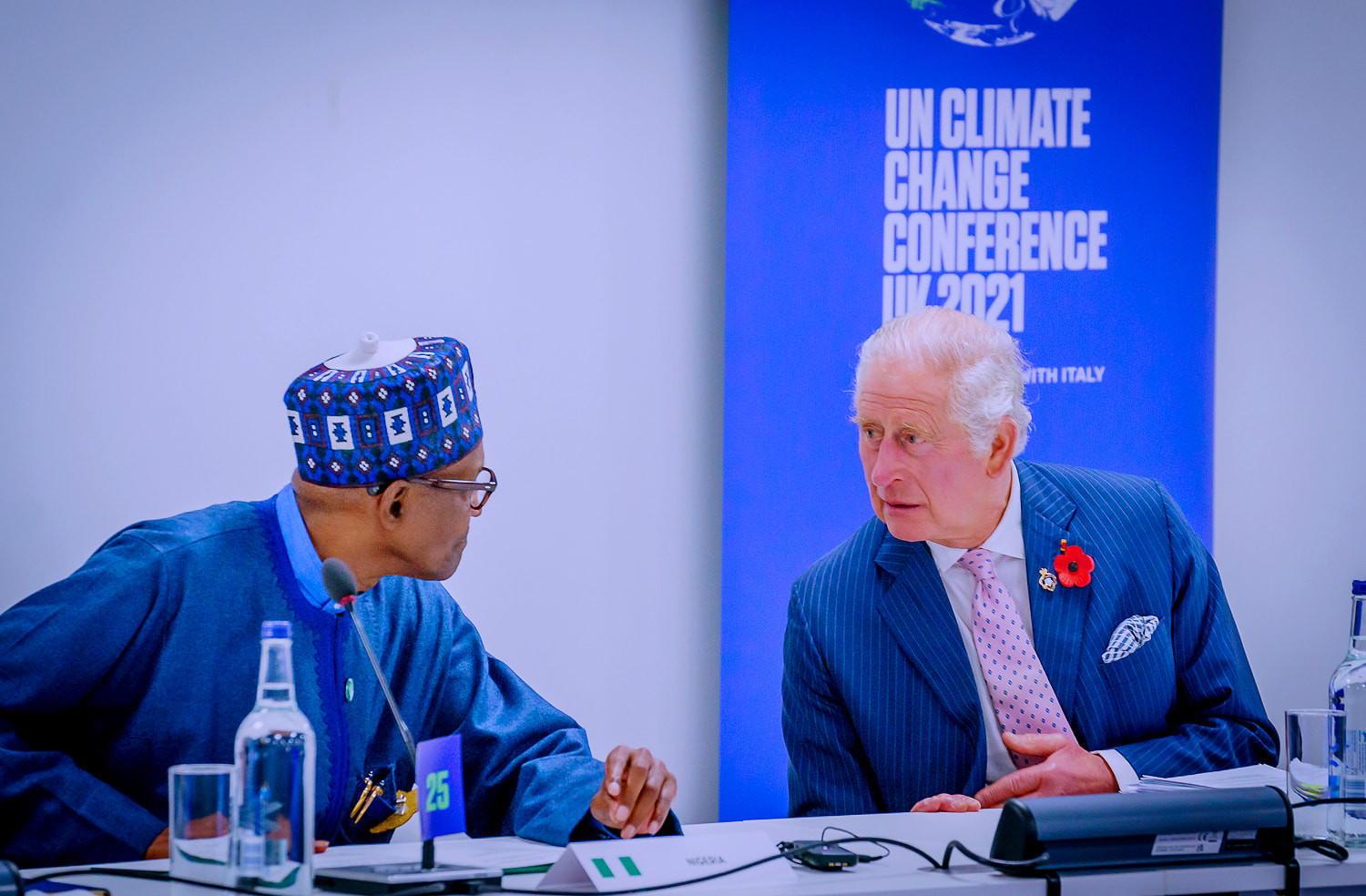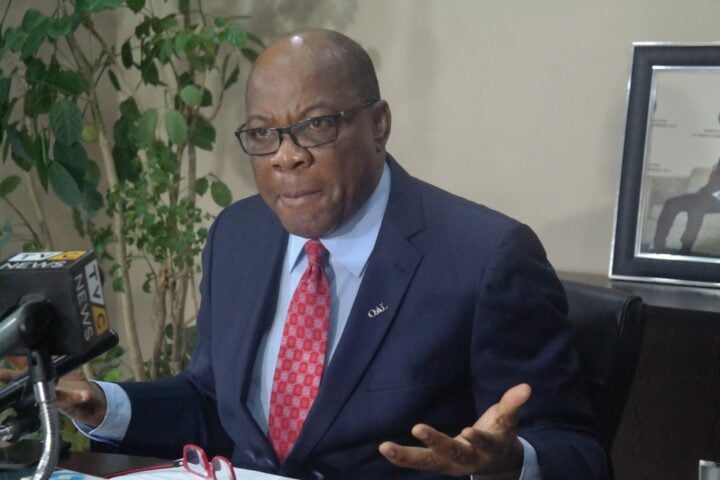Climate change has been rated continuously as being amongst the top global issues of our time. This is because of the effect of greenhouse gas (GHG) emissions on the atmosphere, the subsequent impact on our climate, and its strong links to other major global challenges such as conflicts and unsafe migration.
The rising temperatures from GHG emissions have several impacts on the environment, which include accelerated sea-level rise and increased frequency and severity of droughts, floods, and other destructive events such as the recent Australian bushfires. It is clear that if nothing is done to mitigate and build resilience to climate change, its impacts will continue to threaten our lives and livelihoods. Already, the last seven years have been the warmest seven years on record according to scientists at National Aeronautics and Space Administration (NASA) Goddard Institute for Space Studies (GISS). Similarly, six leading international datasets consolidated by the World Meteorological Organisation (WMO) show that 2021 was the seventh consecutive year in which the global average surface temperature was more than 1°C above pre-industrial levels.
According to the Sixth Assessment Report of the Intergovernmental Panel on Climate Change (IPCC), West Africa is one of the most vulnerable regions to climatic hazards. Nigeria, in particular, is vulnerable due to high dependence on climate-sensitive livelihoods such as pastoralism, farming, and fishing. In November 2021 at the COP26 in Glasgow, President Muhammadu Buhari made a commitment for Nigeria to achieve net zero emissions by 2060, in line with the goals of the Paris Agreement. Net zero simply refers to the balance between the amount of GHG emitted and that removed from the atmosphere. With scientific evidence suggesting that achieving net zero will limit global warming, the United Nations then set a target of 2050 for global carbon neutrality. Nigeria’s 2060 target is similar to those of other developing economies such as India (2070) who recognise that these economies still need to industrialise and address energy poverty, and this will take longer as a result.
President Buhari signed the Nigerian Climate Change Bill on November 18, 2021, less than a week after the conclusion of the Glasgow Climate Pact. The Climate Change Act is a legal framework for achieving low GHG emissions while ensuring green and sustainable economic growth. The Act provides for the creation of a National Council on Climate Change to form policy, mobilise climate finance, implement a carbon trading framework, and achieve our Nationally Determined Contributions (NDC) by working together with the Nigerian Sovereign Green Bond.
Advertisement
In addition to the Act, the Buhari Administration approved Nigeria’s Energy Transition Plan (ETP) which aims to lift over 100 million people out of energy and economic poverty, connect the population to modern energy services, and manage the transition of the oil and gas workforce on the pathway to net zero. The Energy Transition Plan focuses on five sectors with concrete decarbonization levers, including: Power (solar increases as it starts to replace gas following gas uptake until 2030), Transport (uptake of electric vehicles in passenger car segment), Industry (carbon capture in cement/ammonia production and 100 percent shift to zero emission fuels for heating), residential buildings (shift to bio-gas based and electric cooking and a transition away from generator sets) and Oil and Gas (fallen global demand as well as reduced flaring and improved electrification and energy efficiency). Nigeria’s Climate Change Act and its ETP highlight the Administration’s regional and global leadership on climate policy.
As indicated under Industry, Carbon Capture, Utilization and Storage (CCUS), technologies will play a key role in achieving carbon neutrality, and the International Finance Corporation (IFC) and World Bank have begun supporting the Nigerian government to develop a domestic market for CCUS for industrial emissions. Under the leadership of Vice President Yemi Osinbajo, SAN, the International Energy Agency has also helped develop a National CCUS Work Programme. Both programs aim to sensitize stakeholders on the effectiveness of industrial CCUS in Nigeria and scale up deployment of relevant technologies. Deploying such technologies would make Nigeria only second to the first CCS project deployed at an onshore gas field in Salah, Algeria in 2004. Operations there were discontinued in 2011 over fears of storage security.
In addition to the above, the Nigerian government announced its new National Forest Policy at the fifth UN environment assembly in Nairobi. The new Forest Policy is in line with the national target of growing Nigeria’s total forest cover from 10 to 25 percent by 2020 and is guided by the need for the forests to serve as a veritable carbon sink for climate change mitigation.
Advertisement
The ETP data analytics has shown that natural gas will be a key transition fuel for achieving net zero by 2060 as it will address the clean cooking deficit and provide grid stability for the integration of renewables at scale. With nearly 200 trillion cubic feet of proven gas reserves, Nigeria’s gas is more than three times its oil reserves and is amongst the ten largest reserves globally. The Nigerian government is putting efforts toward utilising these abundant natural gas resources by constructing the Trans-Nigeria Gas Pipeline (TNGP), which is expected to transport 3,500 million metric standard cubic feet per day of dehydrated wet gas from several gas gathering projects in the southern part of Nigeria. Phase one of the project (Ajaokuta-Kaduna-Kano pipeline) was commissioned in July 2020. In addition to serving local needs, Nigeria’s gas supply can help manage the gas supply crises emanating from the ongoing Russia-Ukraine war as EU countries seek alternative sources. The right amount of infrastructure investments are needed, however, to take full advantage of such situations. Nigeria’s ETP shows that infrastructure investments will total $1.9 trillion by 2060 in a net zero scenario, include $410 billion above business-as-usual spending.
As the United Nations predicts that about two-thirds of the growth in population between 2020 and 2050 will take place in Africa, it is incumbent on African leaders to balance economic prosperity, social well-being, and environmental protection to ensure a sustainable future for the benefit of the unborn generations. This requires improvement in governance at all levels, strengthening institutional capacity and policy instruments, enhancing technological capabilities as well as changes in human behaviour and lifestyles. The latest IPCC report is clear: we can only avert catastrophic impacts of climate change if we act fast.
Sharon O. Ikeazor is Nigeria’s minister of state for the environment.
Advertisement
Views expressed by contributors are strictly personal and not of TheCable.







